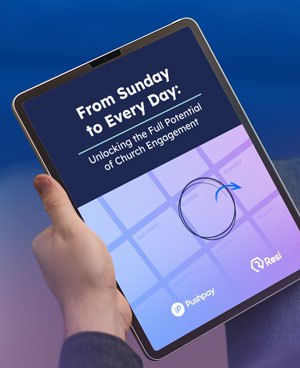
There’s a difference between staying busy with ministry and being healthy as a church. Churches often settle into routines of programs and events, missing the deeper call to be a Christ-centered community. True church health isn’t about attendance or budget figures—it’s about changed lives, spiritual growth, and a shared commitment to the gospel.
Evaluating your church’s health isn’t about completing a checklist. It’s about evaluating your church honestly. Taking time to reflect on how you’re making disciples, equipping leaders, and living out faith together opens the door for the Holy Spirit to work powerfully. Honest evaluation helps identify areas of strength and reveals where God may be inviting you to grow in faithfulness.
When churches embrace regular evaluation, they position themselves to better engage their communities, encourage growth, and fulfill the Great Commission with clarity and purpose. It’s not about striving for perfection—it’s about being faithful, intentional, and open to Christ’s refining work in His church.
What is church health and why does it matter?
Defining church health
Church health isn’t just about numbers or Sunday attendance. It involves spiritual growth, community engagement, and effective operations. A healthy church is a place where disciples are made, leaders are developed, and the surrounding community is impacted for God’s Kingdom. It’s about people regularly encountering Jesus and living out their faith in meaningful ways.
Healthy churches prioritize biblical teaching, genuine worship, intentional discipleship, and compassionate outreach. They also establish clear structures and processes that support their mission and promote unity.
The impact of a healthy church
Healthy churches encourage growth by helping members know the Lord’s will, live a life worthy of Him, and bear fruit in every good work (Colossians 1:9-10). As individuals grow, the church becomes more effective in its mission.
They also cultivate strong relationships by developing an environment of connection, support, and service. This sense of community strengthens the church’s testimony and helps members face life’s challenges together.
Beyond internal growth, healthy churches actively serve their communities. They meet physical, emotional, and spiritual needs with Christ-like love, fulfilling their role as the hands and feet of Jesus in a hurting world.










